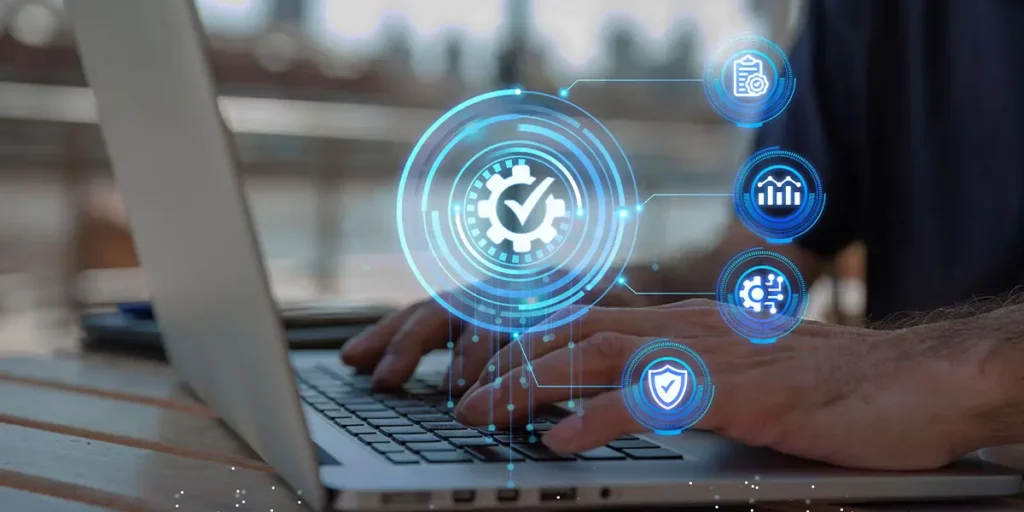By Brandon McCafferty, JD/MBA, State and Local Tax Senior Manager
While technology is often synonymous with innovation, the tax regulations on tech products and services are typically outdated and inconsistent among states. To reduce tax liabilities, companies must regularly reexamine not only which products are taxable but where they should be registered to collect sales tax.
Florida and Georgia have largely failed to update their statutes to address changes in the software industry. These states only charge sales tax for canned software, such as enterprise or productivity software, which is delivered in a physical format such as a CD. Since that rarely happens today, canned software is effectively exempt in both states. Many states have amended statutes and regulations to tax custom software, Software-as-a-Service, digital goods, and electronically delivered software. This includes Georgia which began taxing certain digital products on January 1, 2024. With these constant changes, software vendors must contend with regulations that vary greatly by state.
Moreover, prior to the Supreme Court’s decision in South Dakota v. Wayfair, most companies only had to know how to tax products that were delivered into their home state. Now, every state that imposes sales tax has adopted economic nexus which means that any vendor in the US, depending on their sales volume and product, can possibly be obligated to collect sales tax in 45 states plus Washington, D.C.
It’s important to note that if a company fails to collect sales tax from its customers, it becomes liable for that tax. A common mistake that companies selling software make is assuming the taxability of software in their home state applies to all other states. This misunderstanding exposes many companies to costly tax liabilities. Often, software vendors who expand into states where software is taxed are often unaware of their collection obligations until they have accrued significant liabilities.
Below is an overview of taxability for common types of software to help companies identify tax exposure red flags.
Custom Software
Many software vendors mistakenly believe that custom software is exempt across the US. Twelve states plus the District of Columbia tax custom software. These jurisdictions may even tax the implementation and installation of custom software or other services provided such as training. Software vendors tend to believe that custom software is exempt in all states because most states do exempt custom software from sales tax, but the definition of custom software is often misunderstood. For sales tax purposes, custom software is defined by many states to mean software coded from scratch to the specifications of a single purchaser. It’s not uncommon for software vendors to assume that modifying canned software, even by altering the code, to fit a particular customer’s needs qualifies as exempt custom software. However, that interpretation is often incorrect meaning that their software remains taxable. Moreover, if a vendor does create custom software to the specifications of a single purchaser but then sells that software to other customers, many states consider that software to then be taxable canned software.
Software-as-a-Service
States commonly tax sales of tangible personal property but only select, enumerated services so it’s important to know whether a state treats SaaS as tangible property or a service. To modify laws to fit new technologies, some states have simply redefined “tangible personal property” to include software, but taxability can also depend on whether that software resides on a local computer or in the cloud. Most companies understand that electronically downloaded software is taxable in many states but mistakenly believe that Software-as-a-Service (SaaS) is either taxed the same way or treated as an exempt service. In fact, fewer states tax SaaS than electronically downloaded software. There is even one state, South Carolina, that does not tax electronically download software but does tax SaaS under a tortured interpretation of what constitutes a taxable “communication” in the state.
In practice, states have reacted to SaaS in various ways. Some have enacted new laws to specifically address it while others have simply published bulletins that it should be taxed as tangible personal property. Currently, twenty (20) states plus the District of Columbia tax SaaS but laws are always changing. For example, Vermont started taxing SaaS as tangible property on July 1, 2024.
Digital Goods
The definition of digital goods varies by state but it generally means intangible goods existing in a digital format. Common examples are e-books, digital music, or digital video. However, taxable digital goods can include more nebulous products such as electronic mailing lists, ringtones, or character upgrades in a video game. Moreover, taxability can depend on whether the customer has temporary or permanent use. Because of the wide range of digital goods and how states define them, they can be taxable in as few as 13 states or up to 37 states. Due to differing definitions and gray areas within the law, determining the taxability of digital goods can be very complex and requires detailed examination of state laws and regulations on a product-by-product basis to avoid incurring liabilities from failing to collect sales tax.
Ask Questions Now
The bottom line is that companies purchasing software need to stay on top of the latest tax laws for all states in which they operate to avoid costly tax liabilities. Discuss with your tax advisor and determine if a sales tax professional should be consulted.
Download this fact sheet about the evolution of sales tax on software. Contact Brandon McCafferty or complete this contact form to get your questions answered by Hancock Askew’s sales tax professionals.




